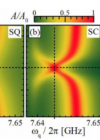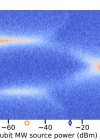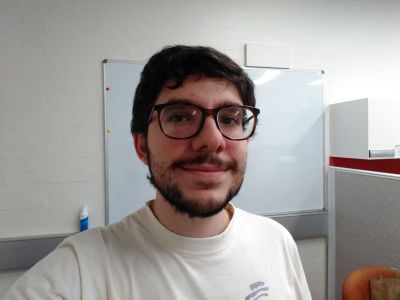Mr. Alejandro Gómez
Alejandro completed his thesis on "Protecting superconducting quantum circuits from measurement back-action and ionizing radiation" and joined IQM, Finland as a Quantu engineer ni 2021.
Alejandro completed his Bachelor and MSc degrees at Universidade de Santiago de Compostela, where he worked on theoretical models of high-temperature superconductors (HTSC). Particularly, on the role of fluctuations in parallel thin-film HTSC, and on the interaction between preformed superconducting pairs and condensed superconducting pairs in LSCO.
While working on his MSc thesis, he developed an interest on quantum technology and quantum information. He joined SQDLab in September 2017 as a visiting academic to undertake research training on superconducting quantum qubits. Alejandro has been awarded a fully funded UQ International Scholarship and proceeded working in SQD Lab as a PhD student.






